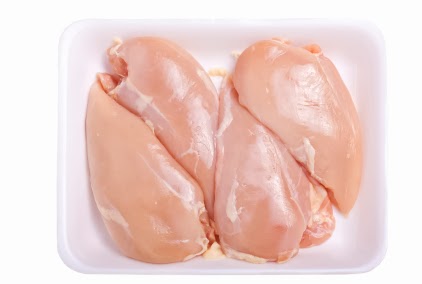 In honor of Breast Cancer Awareness Risk Reduction Month, last week I covered the importance of eating more—and varied—fruits and vegetables as a simple strategy for slashing your breast cancer risk.
In honor of Breast Cancer Awareness Risk Reduction Month, last week I covered the importance of eating more—and varied—fruits and vegetables as a simple strategy for slashing your breast cancer risk.
This week, I want to talk about another easy way to keep your ta-tas in tip-top shape: cut back on (or eliminate) animal products.
Wait a second, Lee. (Apparently, I can hear your thoughts! Bwah ha!) What does my eating a piece of chicken have to do with breast cancer?
Surprisingly, more than you might think…
Omnivores, Vegans, and Cancer Risk
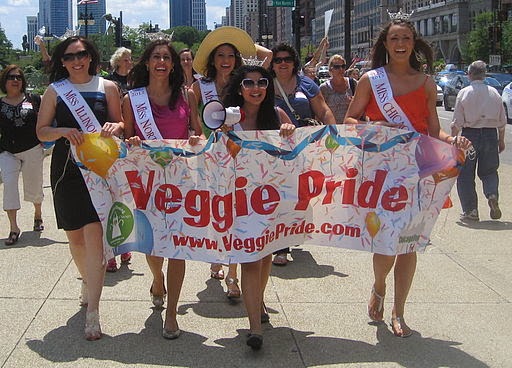
Vegan women, who eliminate all animal products from their diet (including milk and eggs), have a 34% lower risk of all female cancers combined (breast, ovarian, etc.) than their omnivorous peers, according to a recent prospective study examining 21,923 women (Adventists in the U.S. and Canada). This relationship held even when controlling for age, family history of cancer, education, smoking, alcohol, age at menarche, pregnancies,breastfeeding, oral contraceptives, hormone replacement therapy, and menopause status.¹
Why the reduced risk? For sure, vegans tend to be slimmer, which could be a contributing factor. (Yet another reason to move towards a plant-based diet!) But as always, there’s more to the story—chiefly in the form of a bad actor called Insulin-Like Growth Factor-1 (IGF-1).
Animal Protein and IGF-1: Partners in Crime
IGF-1 is a growth hormone that tells your cells that it’s time to grow and multiply. For a growing child, this IGF-1 signaling isn’t all bad. But as an adult, excess cell growth—beyond what’s needed to replace your existing cells—can mean cancer.
Nowhere is this more true than for breast cancer. IGF-1 encourages normal breast cells to become cancerous, promotes their growth, and helps them metastasize, or invade tissues elsewhere in the body, like the bones and liver. (Indeed, metastasis is the real killer when it comes to cancer.)²
So unsurprisingly, many studies have found that increased IGF-1 levels are associated with breast cancer risk.³ (A note to the men in your life: IGF-1 is associated with increased risk of prostate cancer, too.)
And, bringing it back to diet, eating animal protein (as opposed to plant protein) is associated with higher IGF-1 levels in women. Specifically, one study found that women eating a vegan diet had a 13% lower level of IGF-1 flowing through their veins than both omnivores and vegetarians.
How IGF-1 does its dirty deeds
How does animal protein raise IGF-1 levels? Well, animal proteins are usually “complete” proteins. That is, they contain all of the amino acids (protein building blocks) our bodies need, and in about the right proportion, to grow our own cells. In fact, this is one of the reasons that most of us were taught that animal protein (meat, milk, etc.) is the “highest quality” protein around—it contains ample amounts of all the protein building blocks that our cells need in a highly absorbable form.
Sounds great, right? Unfortunately, the “high-quality” nature of animal protein is exactly what makes it dangerous. When our bodies are flooded with all the amino acids we need all at once, such as when we eat an egg, our livers start pumping out IGF-1, telling our cells to grow, grow, grow. (Check out NutritionFacts.org for an entertaining video explaining the connection between IGF-1 and cancer.)
And as adults, the last thing most of us want to do is grow, grow, grow. Especially when we’re talking about cancer!
(Important side note: Eating refined carbohydrates, like sugar and white flour, can also increase IGF-1 levels!)⁵
Cutting back on meat (and empty carbs) for breast health
So what can we do? Cutting back on animal products (and refined carbohydrates) to bring our IGF-1 levels down is a good start. It’s not a guarantee, of course, and not all data says this will help, but there’s enough science there that I rarely eat animal products myself. In fact, breast health is the primary reason that I’m a near-vegan and try to eat unprocessed food. (Not always successfully—I’m still working on breaking my baked goods habit!)
Luckily, eating plant-based and unprocessed is delicious and good not only for reducing cancer risk, but also for boosting your immune system and cutting your risk of other killers like heart disease. (Of course, if you’re going to eliminate animal products, be sure to include an alternative source of vitamin B12 in your diet, like fortified nutritional yeast or a supplement.)
So instead of chicken for dinner tonight, why not try a hearty vegan chili instead? (Bonus: it contains breast-healthy mushrooms!)
Or how about delightfully flavorful, Indian-spiced cauliflower and peas in a whole-grain wrap? (Bonus: breast-supportive cruciferous veggies.)
Don’t forget to check back next week for another easy way to reduce your risk!
Photo credits: Chicken: iStock. Veggie Pride: Mikael, Kseniya [CC0], via Wikimedia Commons. IGF-1: Danielle Keller, via Wikimedia Commons. Hot dog: Renee Comet, via Wikimedia Commons.
References2. Growth Hormone and Insulin-Like Growth Factor-I in the Transition from Normal Mammary Development to Preneoplastic Mammary Lesions. http://edrv.endojournals.org/content/30/1/51.long
3. Insulin-like growth factor 1 (IGF1), IGF binding protein 3 (IGFBP3), and breast cancer risk: pooled individual data analysis of 17 prospective studies. http://www.ncbi.nlm.nih.gov/pubmed/20472501
4. The Associations of Diet with Serum Insulin-like Growth Factor I and Its Main Binding Proteins in 292 Women Meat-Eaters, Vegetarians, and Vegans. http://cebp.aacrjournals.org/content/11/11/1441.full.pdf+html
5. Animal Protein, IGF-1, and Colon Cancer. http://www.drfuhrman.com/library/Animal_protein_IGF-1_colon_cancer.aspx (Note: This article is not peer-reviewed, but Dr. Fuhrman does a great job of analyzing existing peer-reviewed articles.)
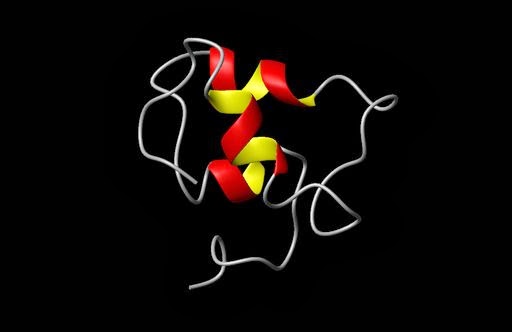
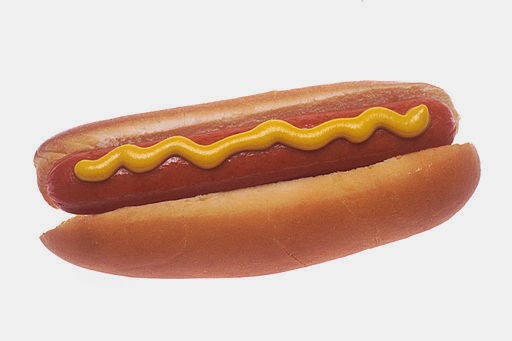
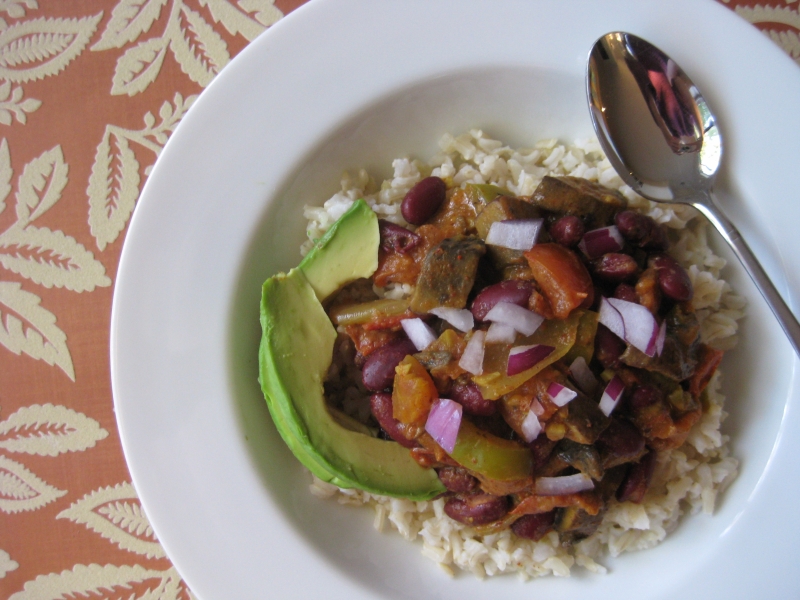
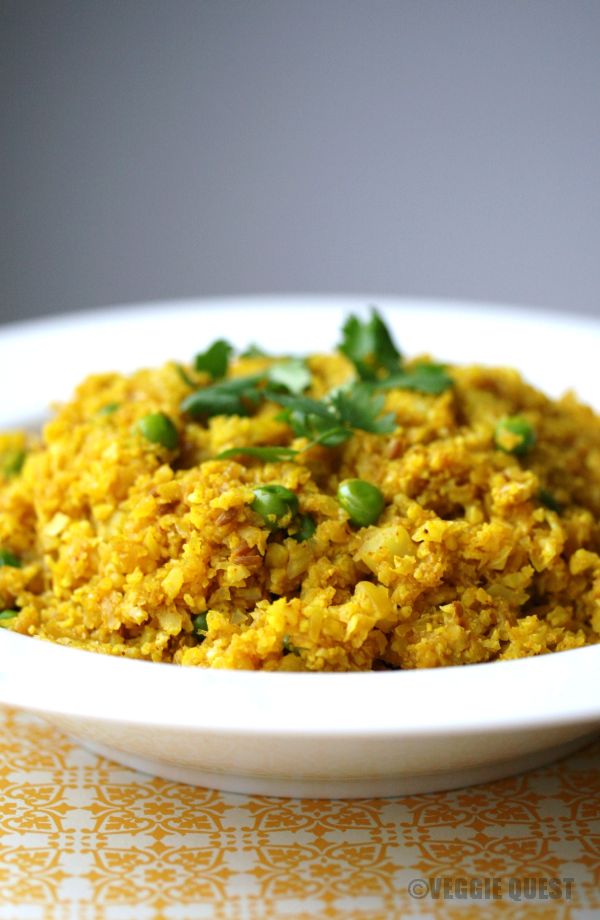
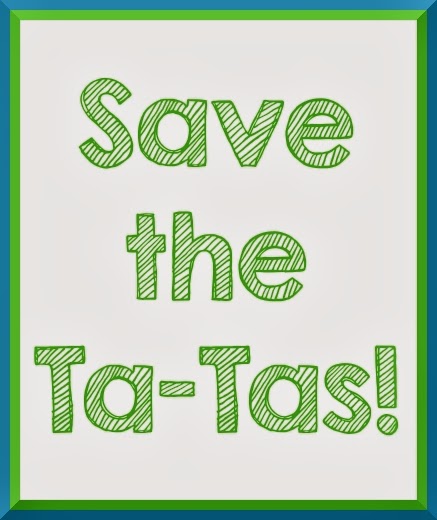
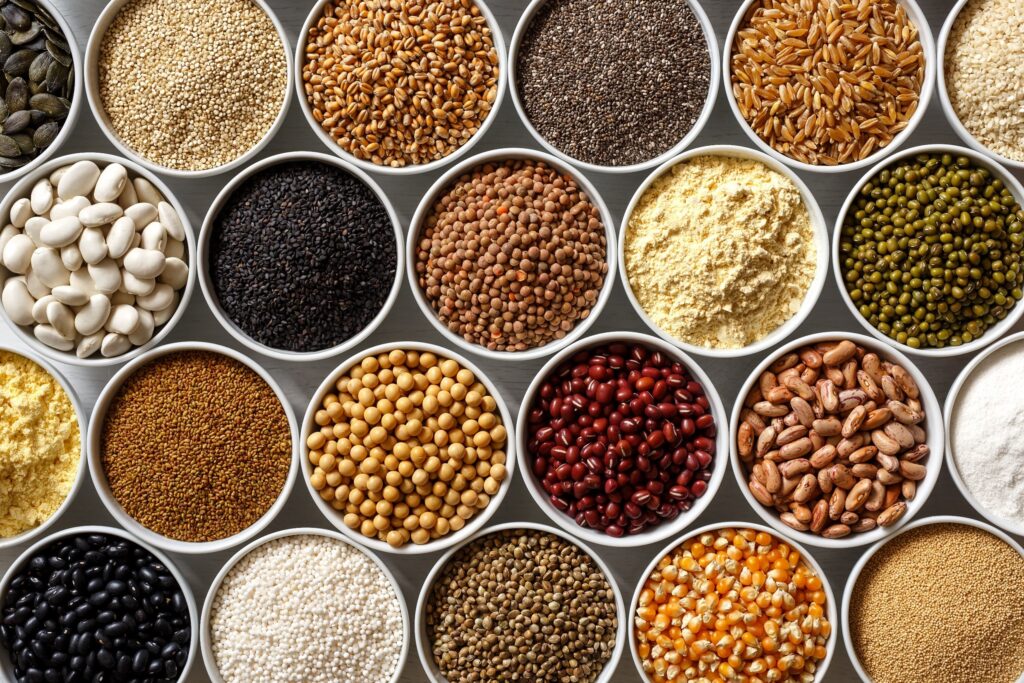
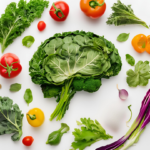

 I'm Lee, an RD thriving on a healthy plant based diet.
I'm Lee, an RD thriving on a healthy plant based diet.
Both recipes sound great!! Thank you!!
Aw, thanks Tango! I've been missing your blog updates; any chance you'll be starting back up? Hope all's well with you!
Great post Lee! Thank you for sharing this =)<br />My decision to go vegan was partly based on the fact that people who eliminate animal protein from their diet have a reduced instance of cancers after they have already had cancer. As I've had it myself (thyroid, not breast), it just makes sense to do every little bit that can help!
Hi Kimmy, my (~98%) vegan transition was also driven by the fact that eliminating animal protein reduces cancer risk. (Unfortunately, my smallish cupcake addiction might be undermining that…) But I've been doing well this week, and that's a start! 😉
This is so interesting. It is so logical and yet so seldom acknowledged that food really does function as either a medicine or a poison for our bodies and of course, prevention is always better than cure! I've been re-thinking my meat consumption for a long time now and this post was really, really eye-opening – thank you 🙂 hope you have a wonderful week!
Hi Lizzy, glad you found the post interesting! I gave up almost all animal products precisely because of breast health concerns. (Although it feels nice to know that I'm doing something good for animals and the planet, too. 🙂 That said, I think if we all just cut back some, it would do wonderful things for our health <br /><br />For instance, did you know that eating chicken is associated